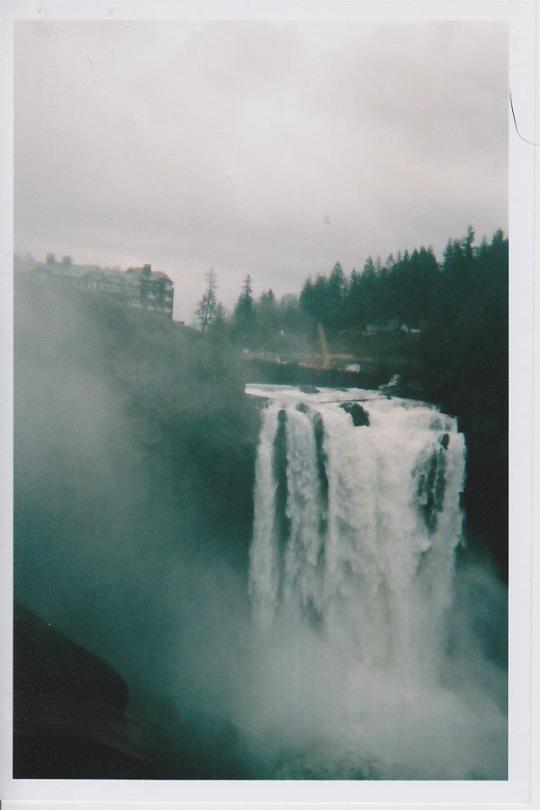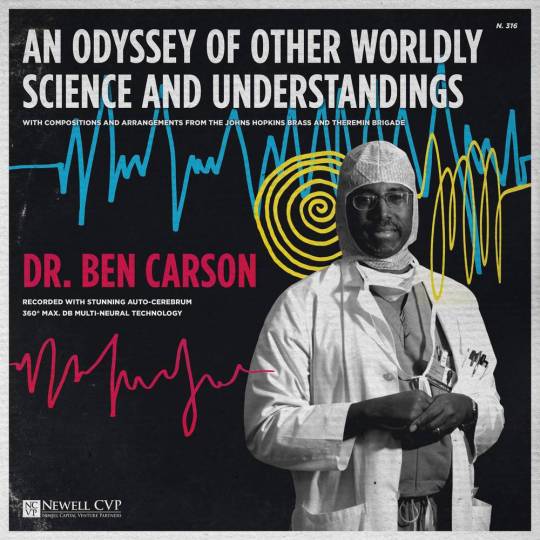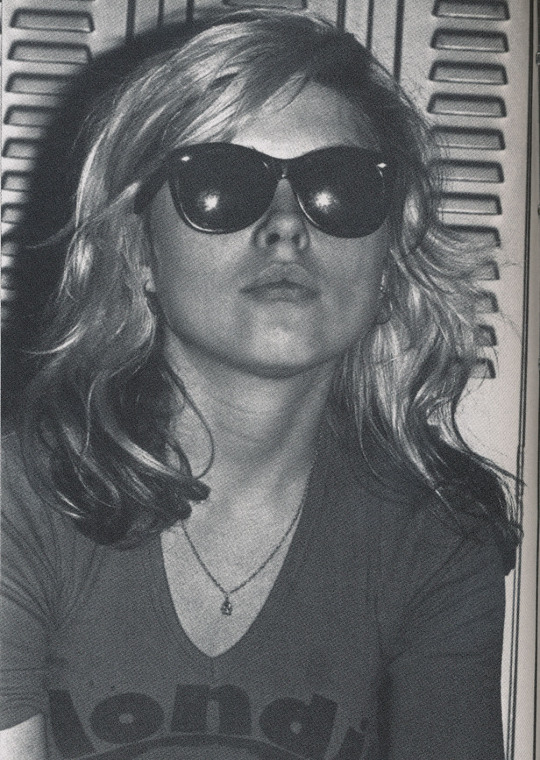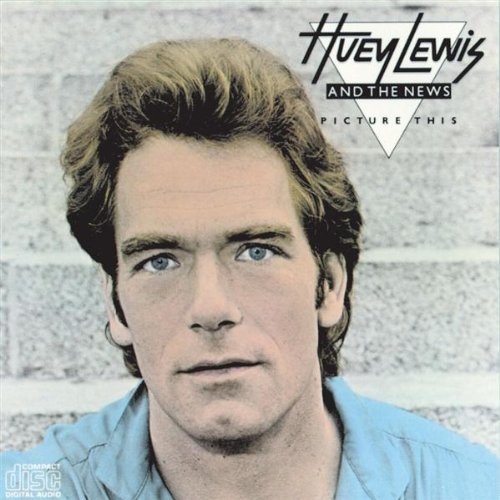Audio
Chipmunks and the Chipettes play The Supremes on a 16 speed turntable
0 notes
Link
“Walden,” in consequence, is not a paean to living simply; it is a paean to living purely, with all the moral judgment that the word implies. In its first chapter, “Economy,” Thoreau lays out a program of abstinence so thoroughgoing as to make the Dalai Lama look like a Kardashian. (That chapter must be one of the highest barriers to entry in the Western canon: dry, sententious, condescending, more than eighty pages long.) Thoreau, who never wed, regarded “sensuality” as a dangerous contaminant, by which we “stain and pollute one another.” He did not smoke and avoided eating meat. He shunned alcohol, although with scarcely more horror than he shunned every beverage except water: “Think of dashing the hopes of a morning with a cup of warm coffee, or of an evening with a dish of tea! Ah, how low I fall when I am tempted by them!” Such temptations, along with the dangerous intoxicant that is music, had, he felt, caused the fall of Greece and Rome.
I cannot idolize anyone who opposes coffee (especially if the objection is that it erodes great civilizations; had the man not heard of the Enlightenment?), but Thoreau never met an appetite too innocuous to denounce.
0 notes
Video
vimeo
The Red Drum Getaway
0 notes
Photo
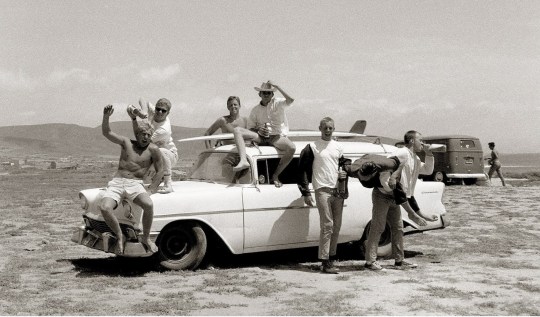
“We saw surfers around town. They had sun-bleached hair, drove old station wagons, wore plaid Pendleton shirts, white jeans, huaraches—Mexican sandals with soles made from old car tires—and they rioted, we heard, on weekend nights way down the peninsula at the Rendezvous Ballroom, where Dick Dale and the Del-Tones played seductive, subversive music.”
-William Finnegan on Newport, California surfers in the 1960s in Barbarian Days
Photo by Leo Hetzel
193 notes
·
View notes
Photo
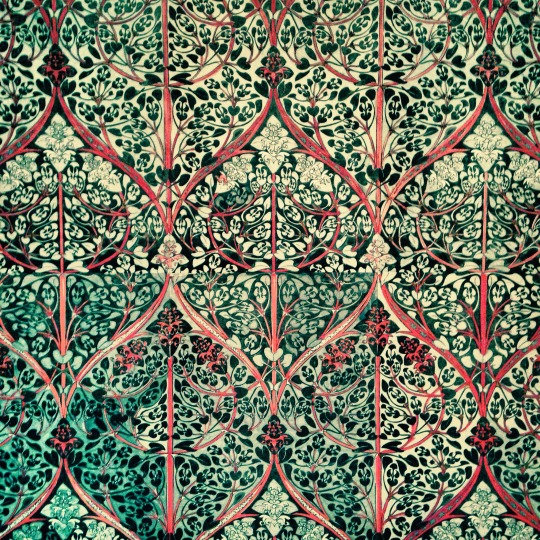
Gerrit Willem Dijsselhof at Rijksmuseum
1 note
·
View note
Link
0 notes




